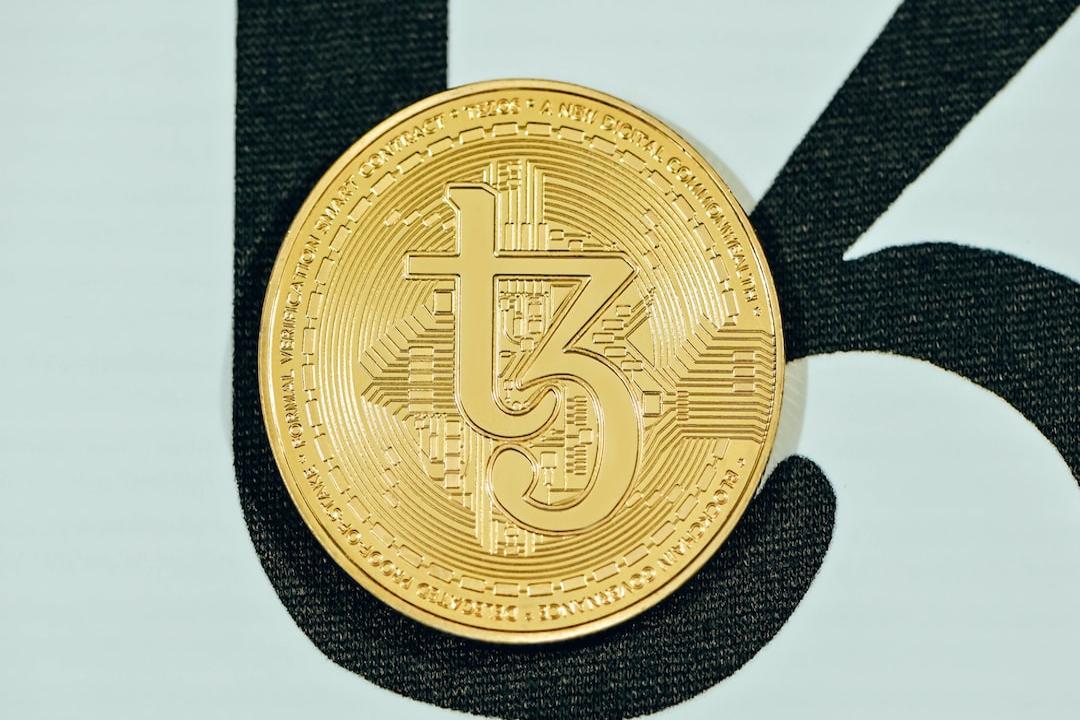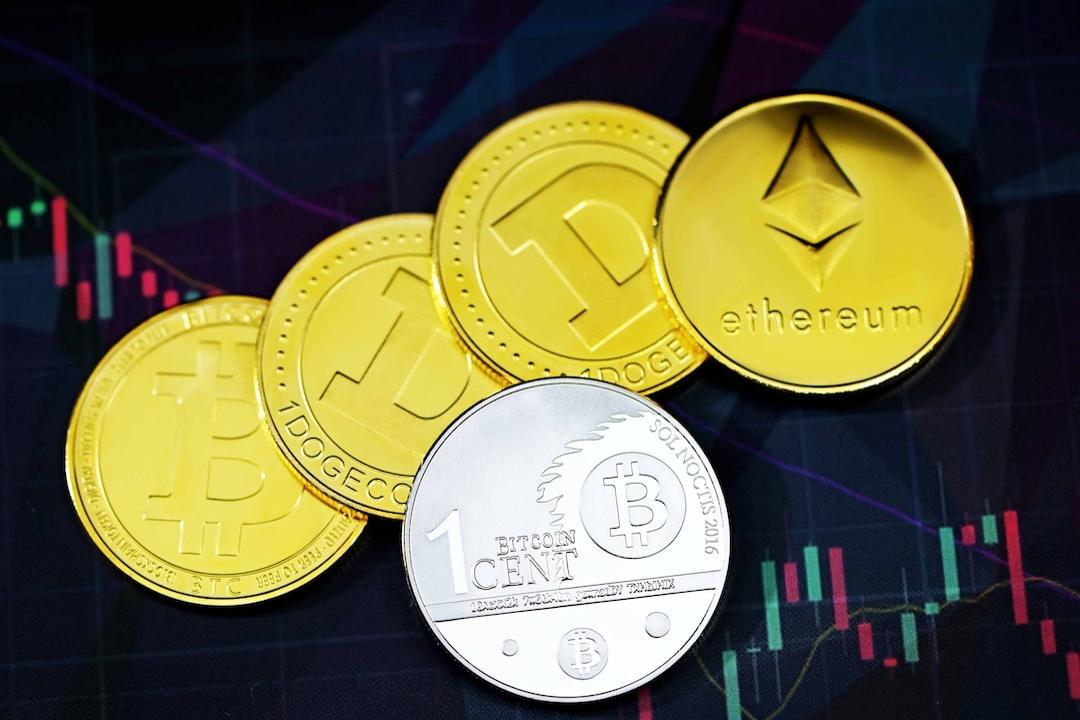South Korea is drawing attention to its crypto sector with comprehensive regulations ahead of the upcoming presidential elections. The ruling party, People Power Party (PPP), promises significant changes in both exchange operations and banking access.
Bank Restrictions Lifted
At a recent parliamentary meeting, the PPP presented a seven-point vision for the crypto sector. One of the most notable commitments is the removal of the long-criticized “one exchange, one bank” rule. This regulation restricted crypto exchanges to operate with only a single bank and mandated that transactions be executed under real names. Authorities implemented this rule to prevent money laundering, but industry representatives had long called for greater flexibility.

South Korea Crypto Currency
By lifting this restriction, the PPP aims to grant exchanges broader access to banking services. This move is significant as it could lead to increased competition, lower transaction fees, and a wider user base. The party’s proposal has been positively received by investors and industry stakeholders.
It is apparent that the crypto sector plays a vital role in the PPP’s election strategies. With elections approaching in June, the party focuses on technological and economic transformation messages, particularly targeting the youth electorate.
Spot Crypto ETF Transactions on the Horizon
Another critical issue on the PPP’s agenda is allowing spot cryptocurrency exchange-traded funds (ETFs) to commence trading within the year. Party official Park Soo-min highlighted the intense interest in U.S. spot Bitcoin

$
95,278 ETFs as a reason South Korea should not delay further.
Currently, there is a ban on spot crypto ETFs in South Korea. However, both the PPP and the main opposition Democratic Party have called for the lifting of this prohibition. Regulatory bodies are reportedly preparing to remove barriers to the establishment of ETFs.
If spot crypto ETFs become legal, individual and institutional investors will gain easier and safer access to cryptocurrencies. This could enhance market liquidity and pave the way for long-term investments.
Other Regulations and New Legislative Proposals
Beyond ETFs and banking access, the PPP also aims to legalize security token offerings (STOs) and introduce stablecoin regulations compliant with global standards. A new legislative proposal titled “Fundamental Law to Promote Digital Assets” is set to be prepared.
The party plans to establish a special cryptocurrency committee under the presidential candidate to coordinate sectoral developments. The committee’s goals are noted as supporting innovative projects and rebuilding investor confidence.
In parallel with these changes, South Korea’s financial regulatory bodies are adapting. In January, the Financial Services Commission announced plans to gradually lift regulations that prohibited institutional investors from investing in cryptocurrencies. Additionally, work on new legal frameworks continues.


